An F1 visa is granted to international students who are enrolled in an academic programme or English Language Program at a college or university in the United States. F1 students must maintain a minimum course load in order to be considered full-time students. Unless they have applied for and been approved to stay and work in the US for a period of time under the OPT Program, they can stay in the country for up to 60 days beyond the length of time it takes to complete their academic programme.
F1 students are expected to complete their studies by the expiration date on their I-20 form (Certificate of Eligibility for Non-immigrant Student Status), which is provided by the US college or university to which they have been accepted and will be attending.
During an F1 visa interview, applicants must satisfy and demonstrate several strict criteria, including the following::
The US Consulate has implemented a pre-appointment system for Visa Interviews. The applicant must appear for a personal interview at the US consulate on the date you choose for the visa interview. The applicant must persuade the visa officer that he or she is qualified for the visa. The applicant must demonstrate that he or she has strong ties to India and that he or she is not an intending immigrant or looking for permanent residence in the United States. When answering the questions, keep it brief and to the point.
If the officer is unable to review all of the documents carried by the applicant, do not be surprised or angry. Because officers have limited time for each applicant, they may not be able to review many, if any, documents at times. As a result, one should be prepared to explain one’s situation verbally and to respond to all questions promptly, patiently, and confidently.
On the same day, the applicant will be informed whether he or she has been granted or denied a visa. The name of the university for which an I-20 has been submitted to the consulate will also appear on the passport. As a result, it is prudent to exercise extreme caution when making the final selection of a university. If your visa is rejected on the first try for any reason, you can reapply after three working days.
After finishing your studies, you will receive a job offer letter.
Assets (i.e., house, land, vehicle, etc.)
Bank accounts
Family
Admission policies differ between universities. Your university will tell you what they need to know in order to determine if you are academically qualified. Among other things, you will need to demonstrate to the school that you have enough money to support yourself while studying without having to work, and you may be required to demonstrate health insurance to cover any medical expenses if you require medical assistance. Once the university has determined that your application is complete and that you are academically qualified, they will issue you an I-20 form, which will allow you to apply for your student visa.
Generally, applicants for student visas should apply at the US Embassy or Consulate with jurisdiction over their permanent residence. This is typically your home country — the country in which you reside. Although visa applicants may apply at any U.S. consular office abroad, qualifying for the visa outside the country of permanent residence may be more difficult.
The following are some of the questions that the Visa officer is likely to ask:
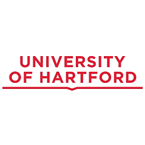
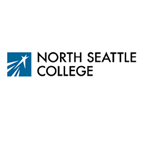
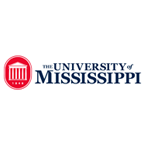
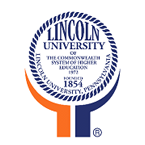
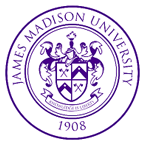
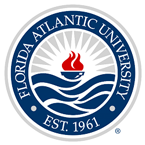
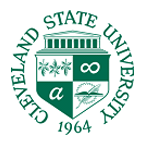
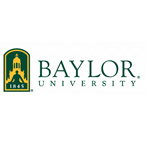
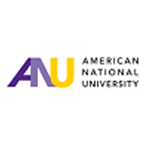

Copyright © 2016 - 2023 Flywing Overseas.
Website design and developed by SANGITA INFOTECH